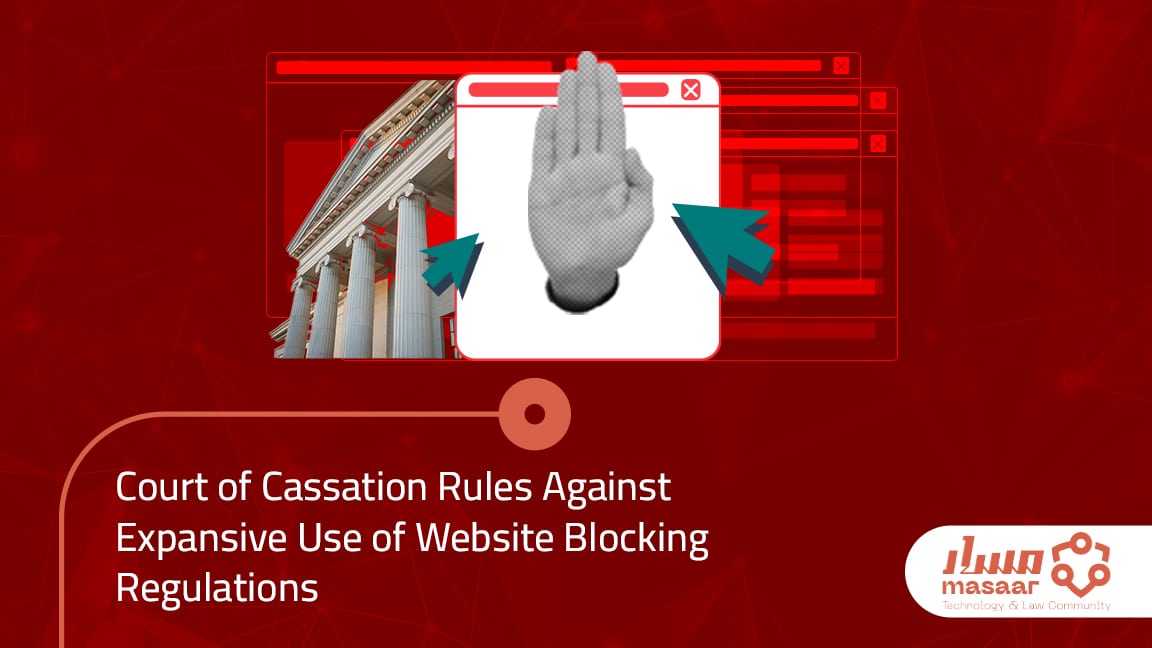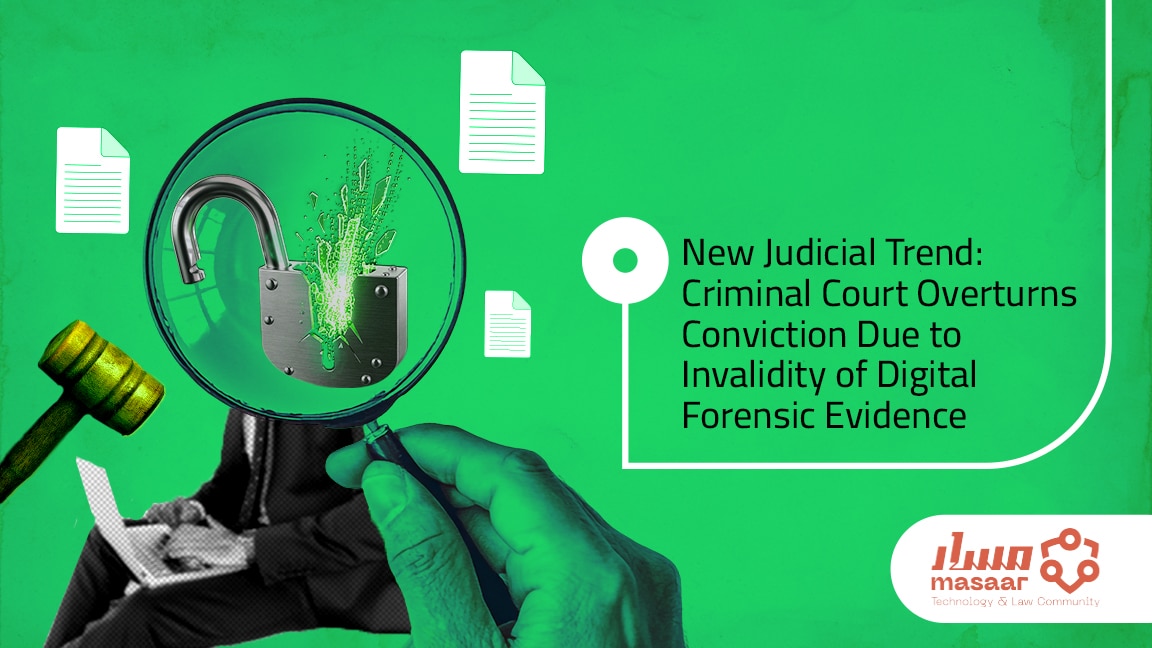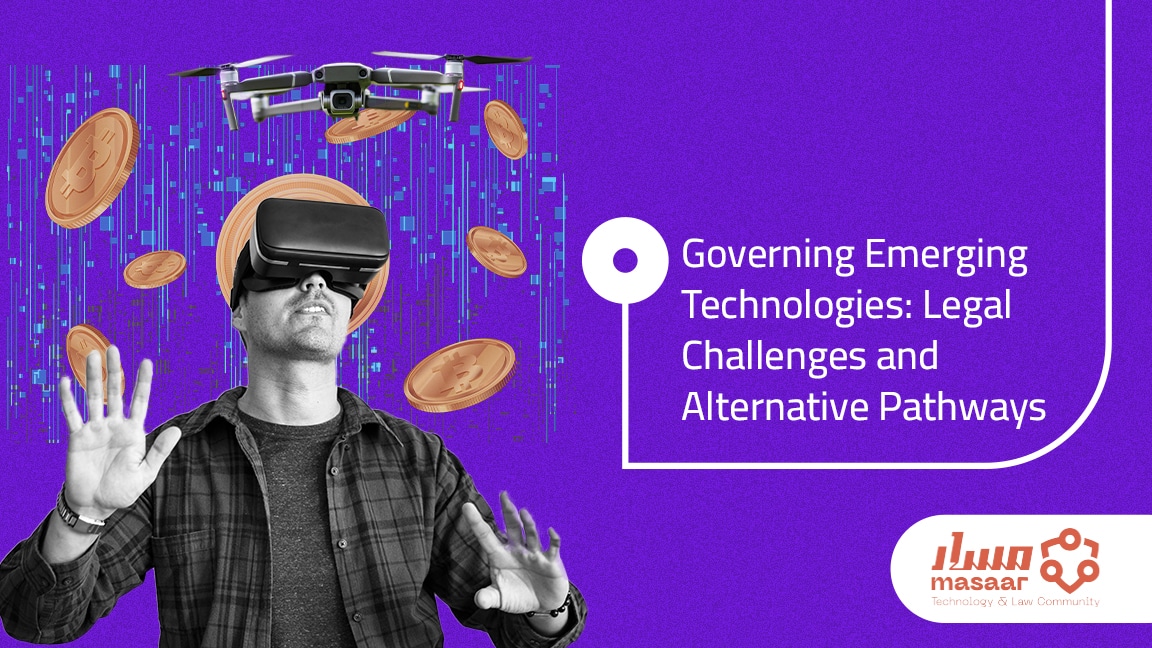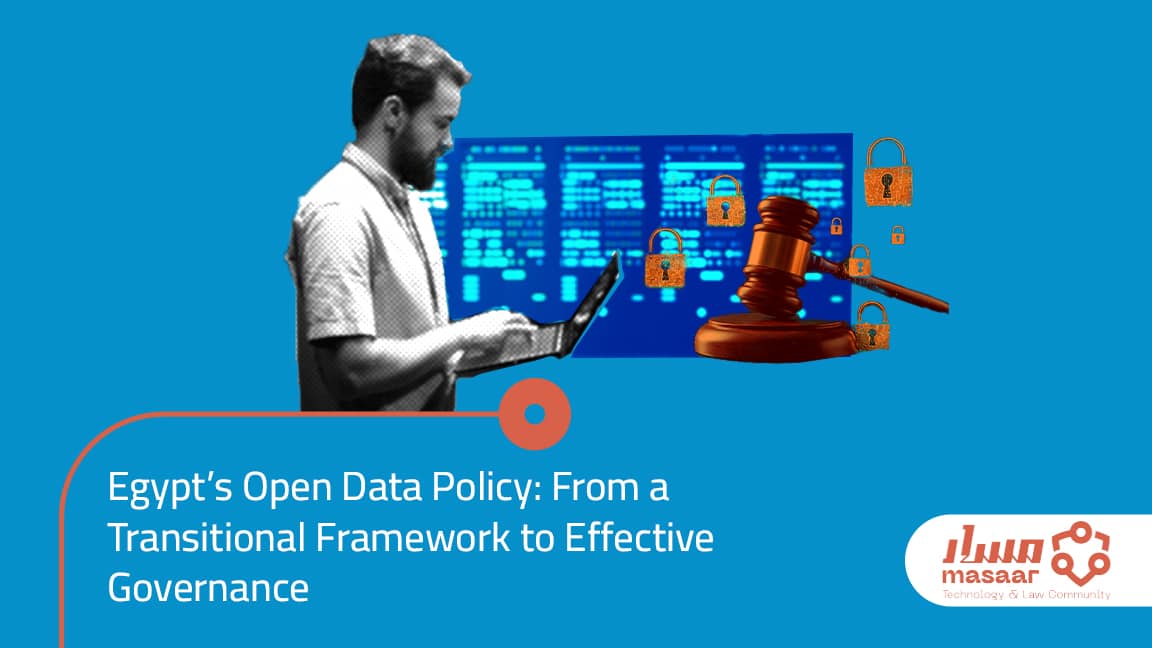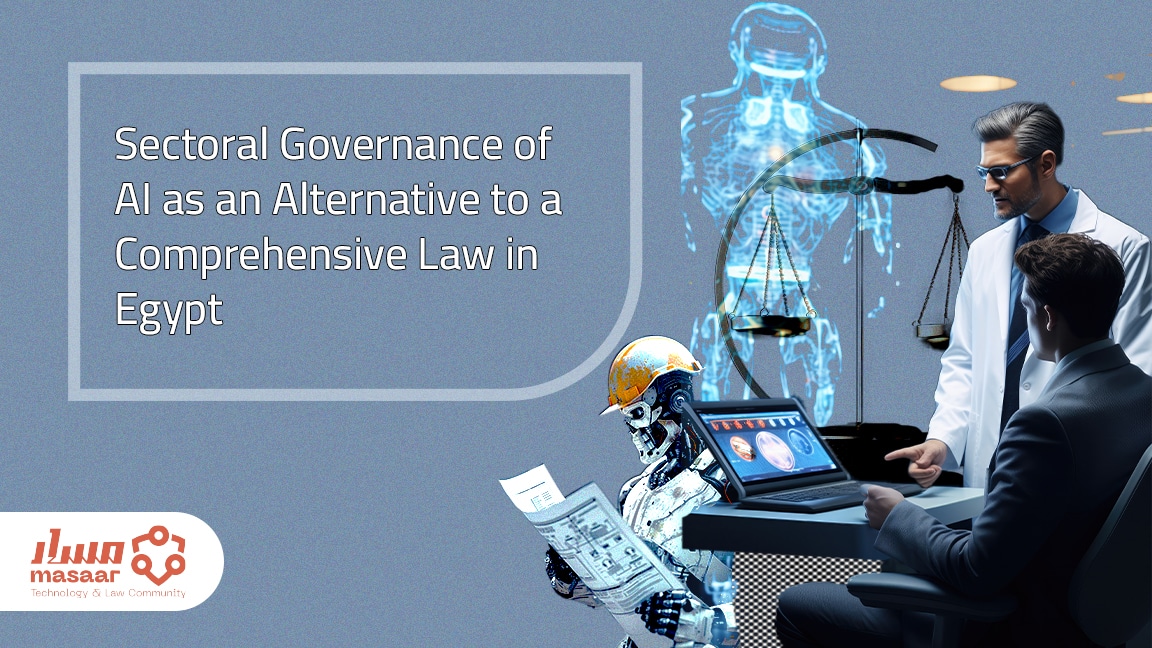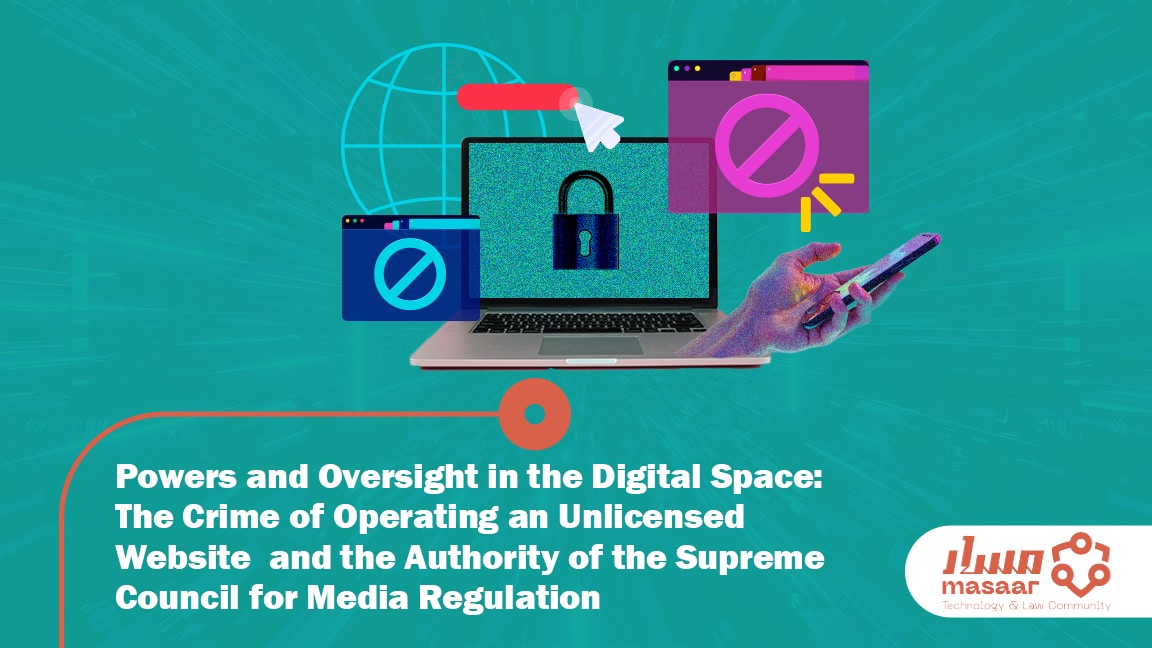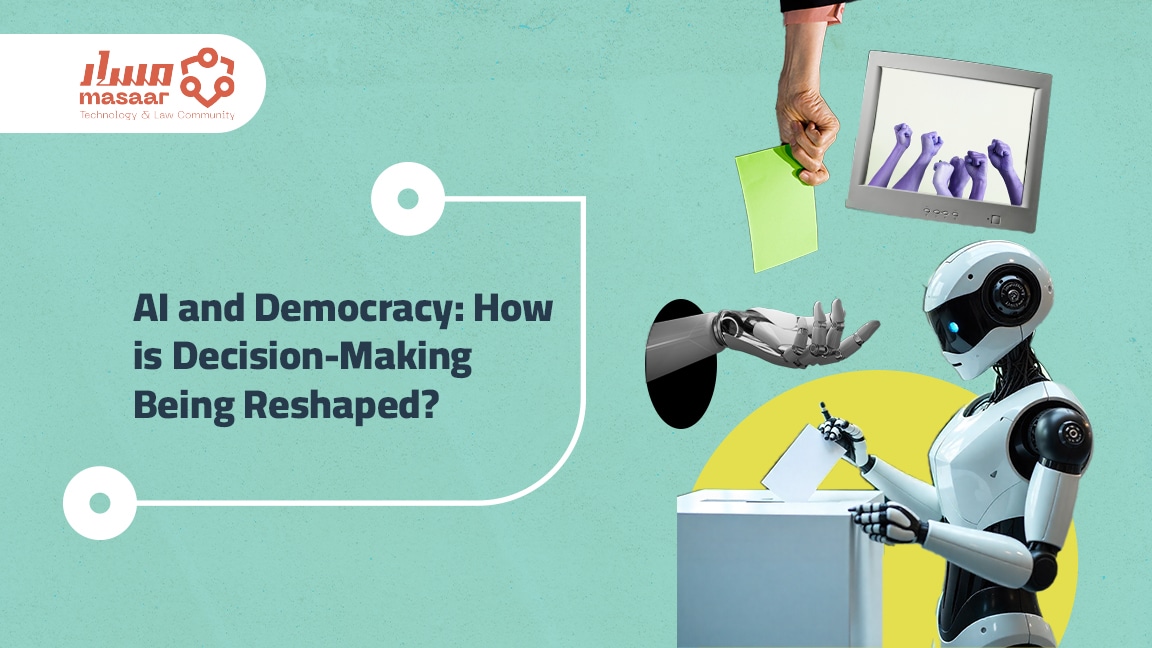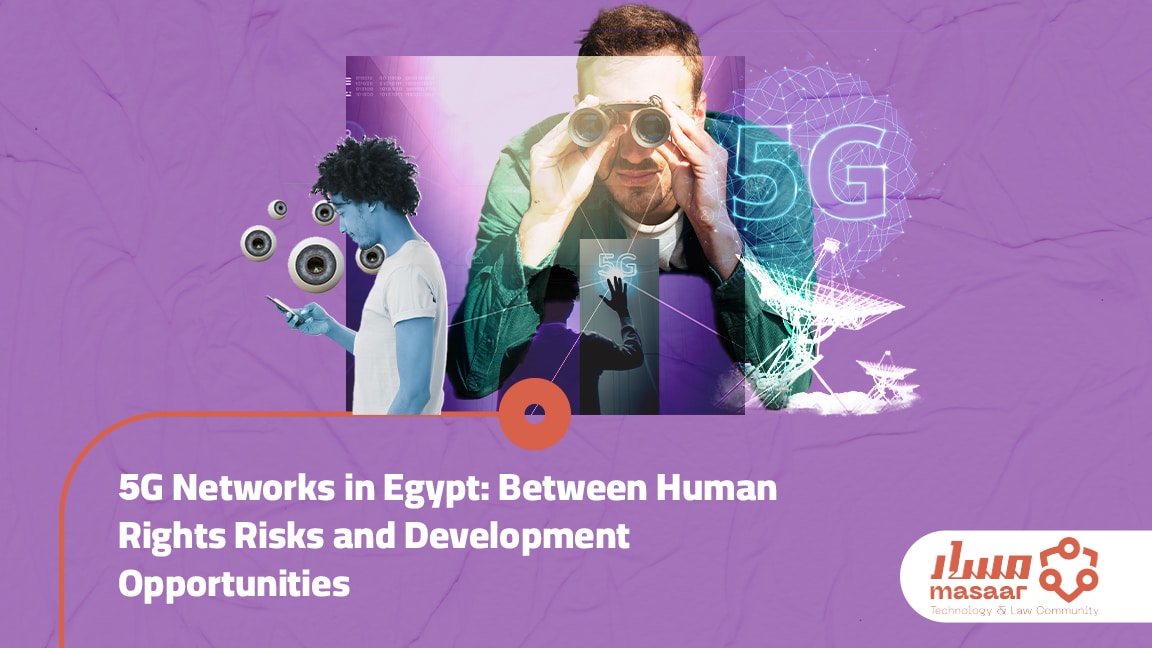Latest Publications
This Annex complements Masaar’s paper “Egypt’s Open Data Policy: From a Transitional Framework to Effective Governance,” along with the “Proposed List of Entities Mandated to Publish Their Data via the National Open Data Portal,” and the “Open Data Standards.“ In its current form, Egypt’s Open Data Policy proposes the establishment of the Egyptian Data Governance Authority (EDGA) as a central instrument for coordinating the release of public data and overseeing its quality and use. However, this authority — which has not yet been established — is presented in the policy more as a bureaucratic extension of the National Council of Artificial Intelligence than as an independent body with genuine oversight or accountability powers. Establishing binding standards for the work of the Egyptian Data Governance Authority constitutes a fundamental pillar for ensuring respect for the right to access information stipulated in Article 68 of the Constitution, and for protecting the right to privacy guaranteed under national legislation and international human rights standards. In this context, standards grounded in a rights-based and social approach serve as instruments to safeguard rights, constrain the discretionary power of government entities, and prevent its use as a pretext for withholding data or violating individual and collective rights. Accordingly, integrating detailed standards—covering the duty of disclosure, quality assurance, grievance and appeal mechanisms, scope of exceptions, and procedures for privacy protection—becomes essential prerequisite to transform the Authority into a mechanism for rights protection rather than a mere administrative channel for top-down data flow management. First: Independence of the Authority Designing an independent Data Governance Authority in Egypt requires granting it a distinct legal personality and an independent financial budget enabling it to exercise its powers without organizational or administrative subordination to any ministry or executive council. This institutional independence is the fundamental guarantee to prevent the authority from…
More Publications
From Global Data Corridor to Control Gateways: A Reading into Egypt’s Digital Infrastructure
This paper examines the various aspects of Egypt’s digital infrastructure, beginning with its position within the global internet ecosystem, moving through patterns of ownership and governance, and culminating in the levels of access, service quality, and legal safeguards available to protect digital rights.
Modern Work Patterns in the New Labor Law: Between Legislative Recognition and Implementation Challenges
This paper provides a critical analysis of how platform workers are positioned within the new Labor Law, highlighting shortcomings that may leave them vulnerable. It also presents practical proposals to bridge these gaps, ensuring the protection of workers’ fundamental rights in the context of an accelerating digital economy.
Rethinking Cybercrime: New Crimes or New Technologies for Old Crimes?
This paper seeks to engage with the ongoing debate surrounding the concept of ‘cybercrime’. It presents arguments in favor of establishing a distinct classification termed “cybercrime”, as well as the counterarguments asserting that crime, in its essence, remains constant, with technology serving merely as a new instrument for the commission of traditional offenses.
The Right to Use Radio Spectrum in Egypt: Towards Equitable Digital Governance of a Scarce Resource
This paper examines the legal and institutional framework governing spectrum management in Egypt, assessing its alignment with principles of digital justice and human rights. The study grounds its analysis in conceptualizing spectrum access rights as an extension of freedom of expression and communication. It highlights the state’s central regulatory role over this resource and its implications for media pluralism and community-led initiatives.
Sectoral Governance of AI as an Alternative to a Comprehensive Law in Egypt
This paper offers an alternative vision for addressing the challenges of AI. Its goal is to protect citizens’ fundamental rights from the risks of exploitation and discrimination, while encouraging responsible local innovation without excessive legislative burdens. It also seeks to bridge institutional gaps through flexible regulatory tools that can be continuously updated, ensuring a practical response to rapid technological change while respecting human rights.
Powers and Oversight in the Digital Space: The Crime of Operating a Website without a License and the Authority of the Supreme Council for Media Regulation
The crime of “operating a website without a license” presents a set of complex legal and constitutional challenges in Egypt. Since the introduction of the Press and Media Regulation Law, the licensing requirement has been increasingly applied to a broad range of websites, often extending beyond the explicit scope defined by the law and the Constitution. This paper offers a critical legal analysis of this expanding regulatory framework.
AI and Democracy: How is Decision-Making Being Reshaped?
The landscape of the relationship between the various uses of AI and the democratic decision-making process is immensely broad and complex. Therefore, this paper discussing the long-standing relationship between the use of information in decision-making processes and how this process expresses popular will, drawing a line intersected by numerous AI applications.
Between Ambition and Implementation: A Critical Reading of Egypt’s E-Government Experience
This paper examines the evolution of the e-government landscape in Egypt by reviewing its various facets, with a specific focus on the rights-based aspect. It discusses the concept of e-government and its roles in improving service delivery and addressing the challenges facing the government service sector.
Network Congestion: An Analysis of the Ramses Central Fire and Its Impact on the Internet
This paper provides a technical overview and analysis of the internet outage that occurred in Egypt on July 7, 2025, with a focus on its timing, scope, and impact on the network infrastructure. It draws on data recorded between Monday, 7 July 2025, and Tuesday, 8 July 2025, up to 2:00 p.m. Cairo time.
IPv6 and Digital Rights in Egypt: Towards a More Efficient, Free, and Inclusive Internet
This paper discusses Egypt’s announcement of its strategy to adopt IPv6 and the implications of this move for digital rights. It analyzes the country’s digital infrastructure and legislative environment, assessing its readiness for the protocol’s adoption, as well as the opportunities and challenges that accompany it.
Why Do Social Media Platforms Fail to Address Gender-Based Violence?
This paper examines how social media policies fuel the growth of cyber gender-based violence and its persistence. It highlights structural flaws in current protective measures on these platforms and offers recommendations to boost online safety for women and girls.
5G Networks in Egypt: Between Human Rights Risks and Development Opportunities
This paper discusses the introduction of 5G networks in Egypt and their implications for citizens’ daily lives and fundamental rights. It also examines the 5G rollout roadmap in Egypt, identifying key stakeholders (governmental, private, and international).

